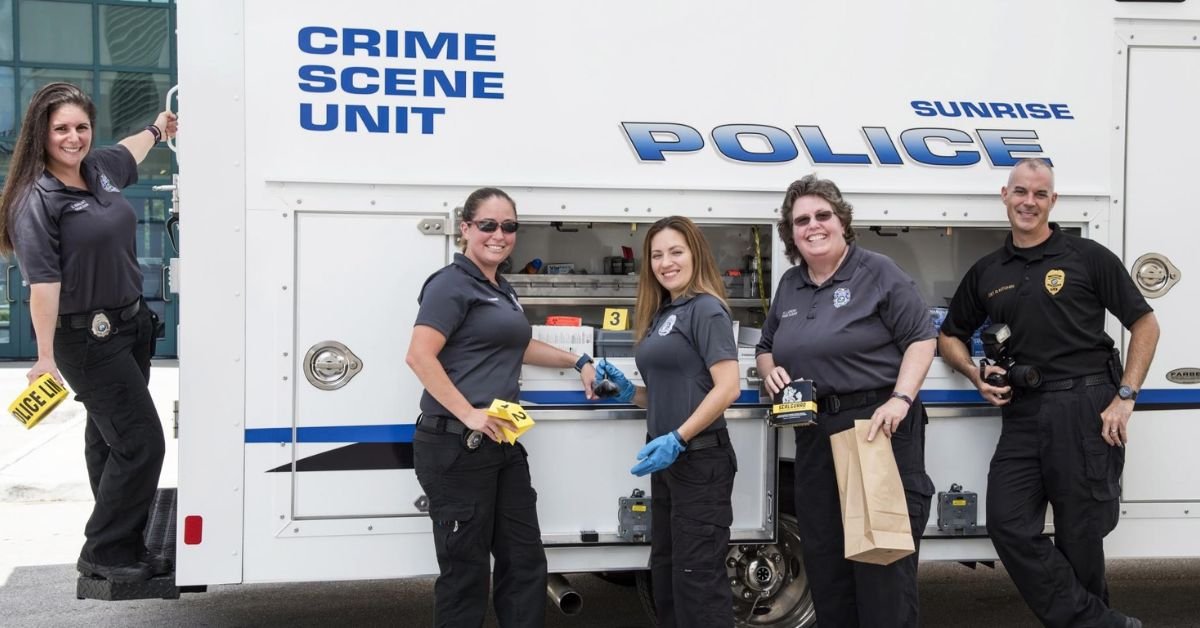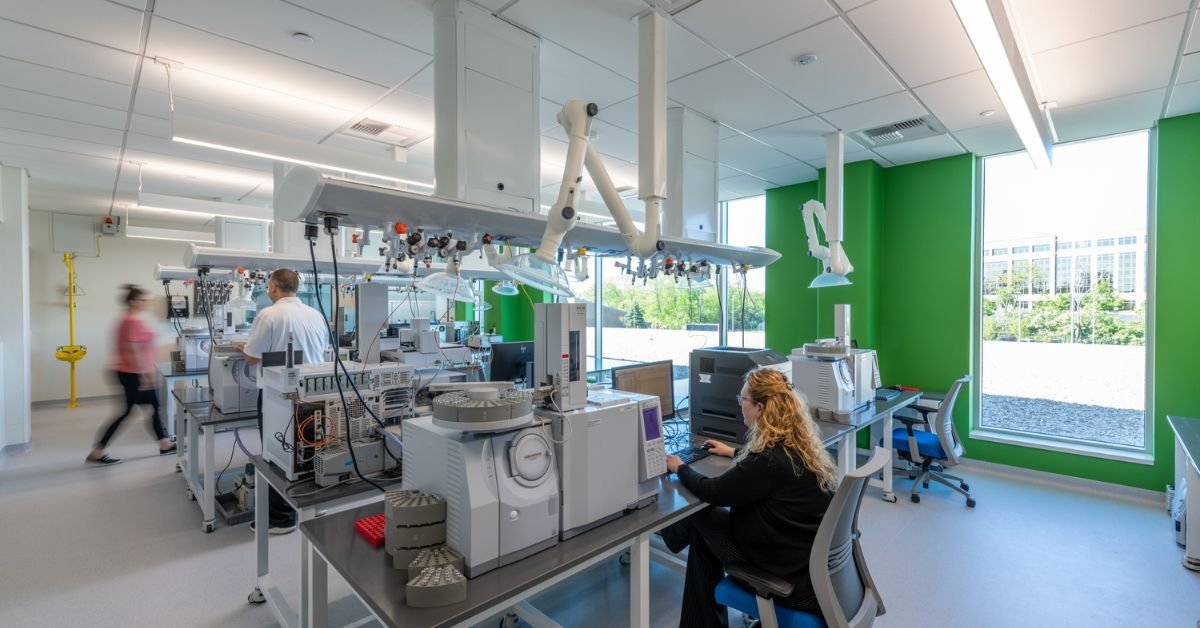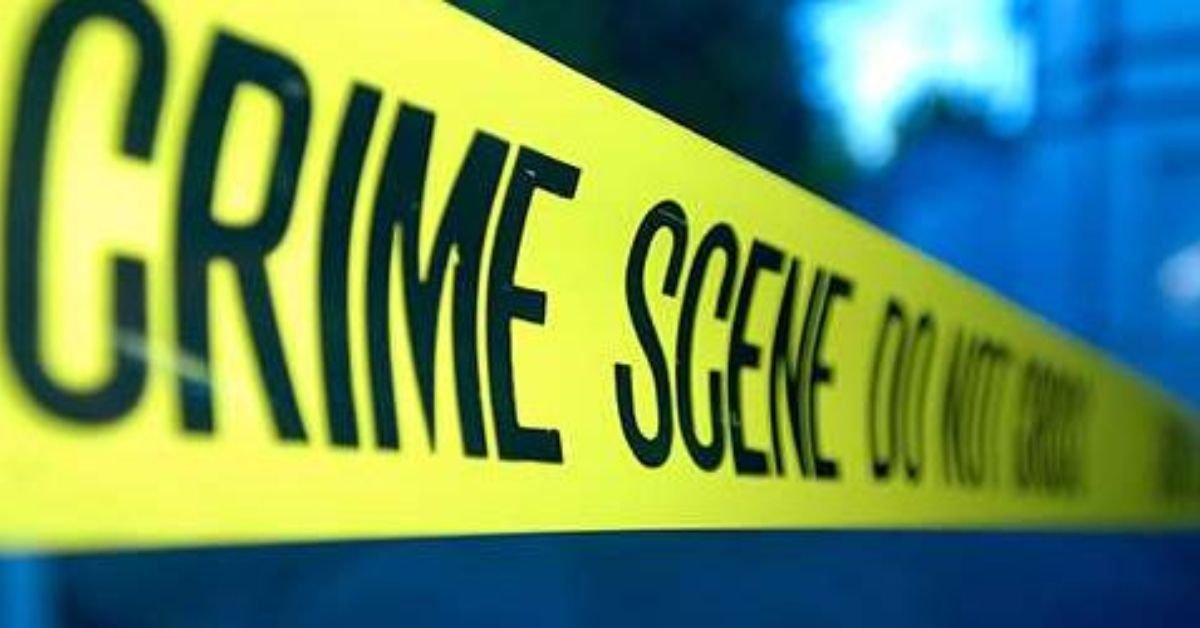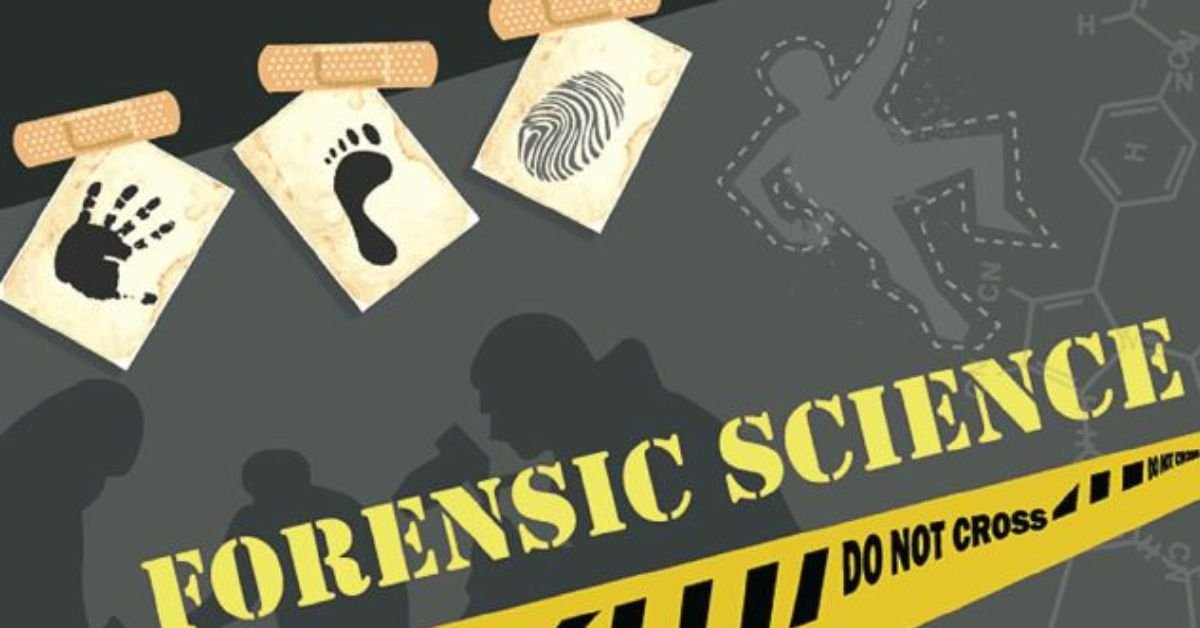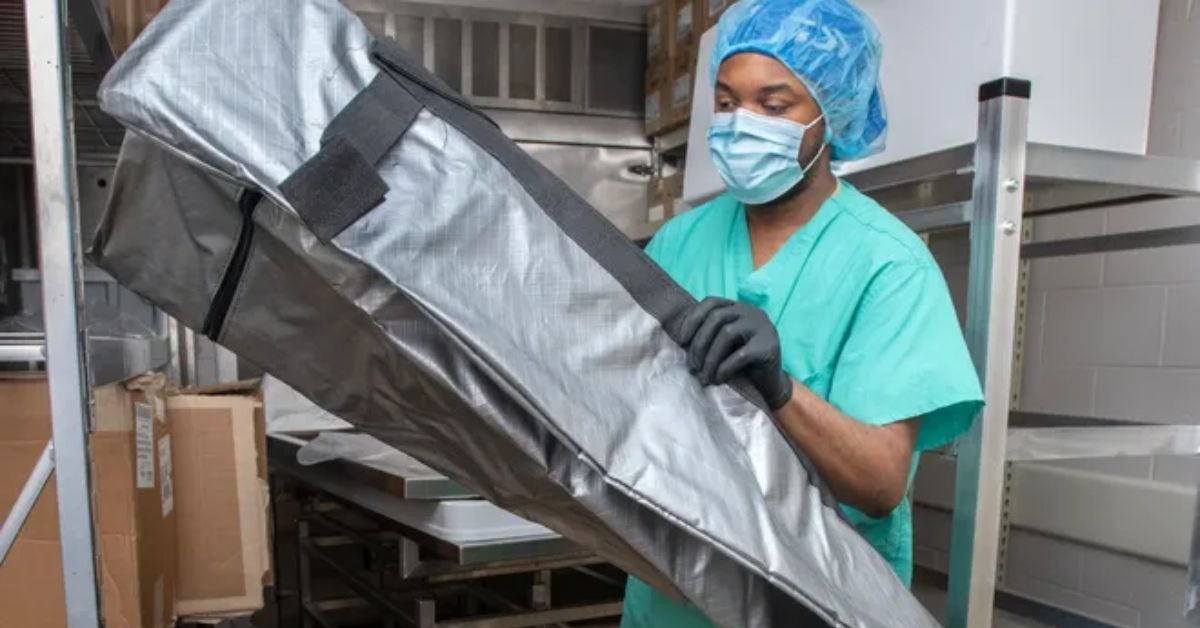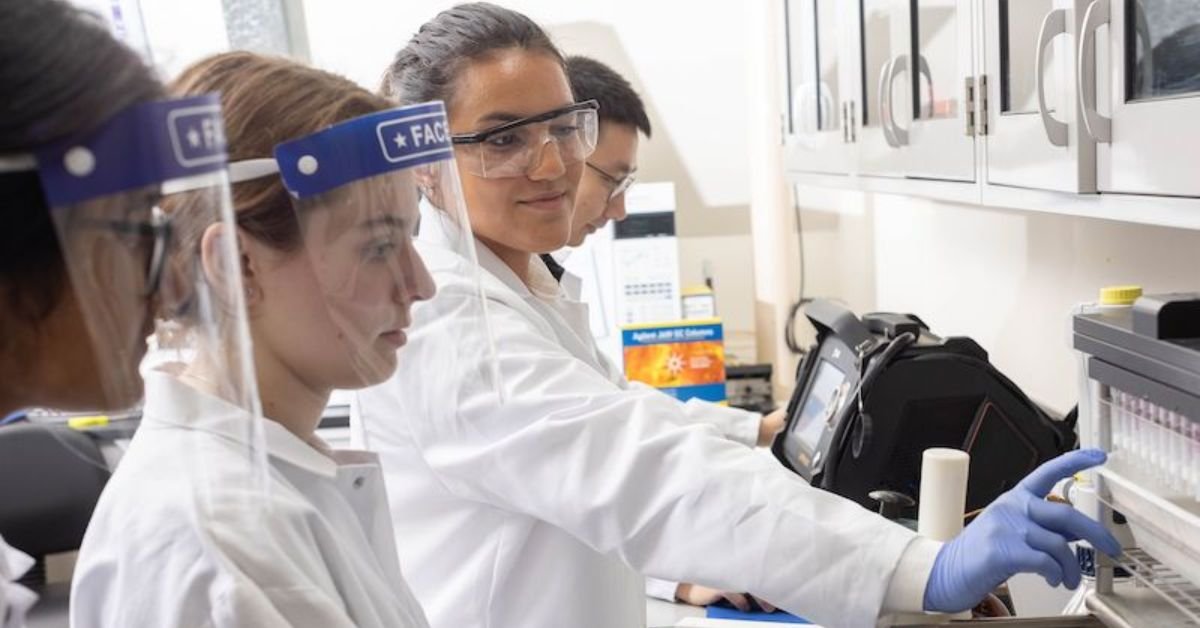Forensic Crime Scene Units (CSUs) in Florida serve a pivotal role within the state’s criminal justice and medicolegal systems. These specialized divisions are tasked with responding to crime scenes, documenting conditions, collecting physical evidence, and ensuring its preservation for laboratory analysis and courtroom presentation. Operated by municipal police departments, sheriff’s offices, and state agencies, these units are essential for maintaining the integrity of criminal investigations across Florida.
Organizational Structure of Crime Scene Units
In Florida, crime scene units are typically embedded within local law enforcement agencies or medical examiner’s offices. They may function under titles such as:
- Crime Scene Investigation (CSI) Unit
- Forensic Services Unit
- Criminalistics Division
- Scientific Investigations Section
The scope and specialization of CSUs vary based on jurisdiction size and resources. Larger counties may operate full-scale forensic bureaus, while smaller municipalities rely on regional support or FDLE assistance.
Core Functions of Forensic CSUs
Crime Scene Units in Florida are responsible for a wide range of forensic and investigative functions, including:
| Function | Description |
|---|---|
| Scene Documentation | Capturing photographs, sketches, video, and written records of crime scenes |
| Evidence Collection | Recovering fingerprints, biological materials, trace evidence, and firearms |
| Scene Reconstruction | Reconstructing events using trajectory analysis, bloodstain interpretation |
| Latent Print Processing | Developing and collecting fingerprint evidence using powder or chemical methods |
| 3D Scanning and Mapping | Utilizing advanced technology for spatial documentation |
| Chain of Custody Management | Ensuring evidence is tracked and secure from scene to lab |
Technicians must comply with standardized protocols to maintain evidentiary integrity and legal admissibility.
Major Forensic CSU Employers in Florida
1. Florida Department of Law Enforcement (FDLE)
FDLE operates regional forensic crime laboratories and provides crime scene support services. The Crime Scene Processing Program offers assistance to law enforcement agencies and includes bloodstain analysis, scene reconstruction, and field support.
Website: https://www.fdle.state.fl.us
2. Miami-Dade Police Department – Crime Scene Investigations Bureau
One of the most comprehensive units in the state, it employs civilian crime scene investigators and forensic photographers who respond 24/7 to major incidents.
Website: https://www.miamidade.gov
3. Orange County Sheriff’s Office – Forensic Unit
Provides crime scene response, latent print development, and court testimony. Often collaborates with the District 9 Medical Examiner’s Office.
4. Jacksonville Sheriff’s Office – Crime Scene Unit
Handles homicides, sexual assaults, and other major crimes. Employs certified civilian and sworn forensic investigators.
5. Medical Examiner Offices
Many Florida medical examiner districts operate scene response units for unattended or suspicious deaths. These investigators document death scenes and assist with postmortem forensic evaluations.
Qualifications for CSU Personnel
Most CSU technicians or investigators in Florida must meet the following criteria:
- Education: Bachelor’s degree in Forensic Science, Criminal Justice, Biology, or a related field
- Experience: 1–2 years of field or lab experience preferred
- Training: Agency-specific instruction in crime scene processing, photography, and evidence handling
- Certification: Many agencies require or prefer:
- Certified Crime Scene Investigator (CCSI) – International Association for Identification (IAI)
- Certified Latent Print Examiner – IAI
- Legal Knowledge: Familiarity with Florida’s Evidence Code (Chapter 90, F.S.), and chain-of-custody procedures
Legal and Procedural Framework
Florida’s crime scene practices are guided by constitutional standards, state statutes, and professional protocols. Key legal references include:
- Florida Evidence Code (Chapter 90, Florida Statutes) – Governs admissibility of physical evidence
- Florida Rules of Criminal Procedure – Guide pre-trial evidence disclosure and handling
- Fla. Stat. § 90.702 (Daubert Standard) – Requires scientific methods used by CSUs to be reliable and accepted by the forensic community
Crime scene investigators must also follow ethical standards to prevent contamination, bias, or procedural errors that could jeopardize legal proceedings.
Specialized Technologies and Innovations
Florida’s forensic CSUs increasingly utilize advanced technologies:
- 3D Laser Scanning – For precise scene mapping and reconstruction
- Forensic Light Sources – To detect bodily fluids, trace fibers, or latent prints
- Drone Photography – For aerial scene documentation
- Digital Forensics Integration – When overlapping with electronic evidence recovery
These tools enhance accuracy and efficiency while meeting evidentiary standards.
Training and Continuing Education
Continuous professional development is essential. Many Florida CSUs require personnel to attend:
- IAI Conferences and Workshops
- FDLE Forensic Training Courses
- National Forensic Academy (NFA) programs
- University-sponsored certifications or graduate education
Agencies also conduct internal audits and mock crime scenes to evaluate and maintain readiness.
Challenges and Future Outlook
Forensic CSUs in Florida face increasing workloads, public scrutiny, and expectations for scientific rigor. Issues such as backlogs in evidence processing, staff retention, and funding for technology upgrades persist. Nonetheless, the demand for skilled crime scene professionals is expected to grow, particularly in urban jurisdictions with high caseloads.
Conclusion
Forensic Crime Scene Units in Florida serve as a vital link between the crime scene and the courtroom. Operating under strict legal standards and scientific protocols, these units support the pursuit of justice through meticulous evidence handling and objective analysis. With continuing advancements in forensic science, Florida’s CSUs remain essential to the evolving needs of law enforcement and the legal system.
References
- Florida Department of Law Enforcement (FDLE): https://www.fdle.state.fl.us
- Florida Statutes, Chapter 90 – Evidence Code: http://www.leg.state.fl.us/Statutes/
- International Association for Identification (IAI): https://www.theiai.org
- Miami-Dade Police Department: https://www.miamidade.gov
- Orange County Sheriff’s Office: https://www.ocso.com
- Jacksonville Sheriff’s Office: https://www.jaxsheriff.org
- U.S. Bureau of Labor Statistics – Forensic Science Technicians: https://www.bls.gov/ooh/
